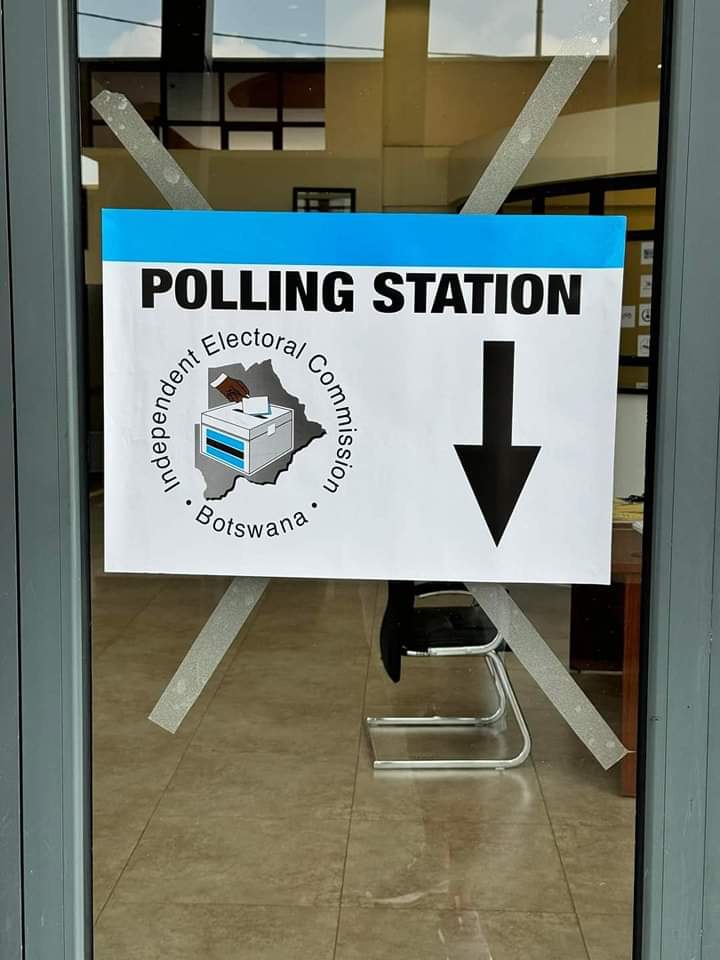In Botswana, the electoral process is a cornerstone of democracy, offering citizens the opportunity to voice their opinions and shape the future of their nation. However, the inclusion of elderly individuals in these processes often faces significant barriers, hindering their ability to participate fully. As the demographic of older citizens continues to grow, it is crucial to address these challenges and foster an inclusive democracy that respects the rights and voices of all citizens, particularly the elderly.
Barriers to Participation
Elderly citizens in Botswana encounter various obstacles that can deter their engagement in the electoral process:
- Accessibility Issues: Many polling stations lack the necessary facilities to accommodate elderly voters, such as ramps, seating, and accessible transportation options. This physical inaccessibility can discourage older individuals from voting, particularly those with mobility challenges.
- Health Concerns: Health issues, including chronic illnesses and disabilities, can make it difficult for elderly individuals to travel to polling stations, especially during peak times when queues are long. Additionally, concerns about exposure to illness in crowded spaces may further deter their participation.
- Societal Attitudes: Societal perceptions of elderly individuals can also impact their involvement in the electoral process. Ageist attitudes may lead to a lack of support or encouragement for older citizens to vote, perpetuating a cycle of disengagement.
The Importance of Inclusion
Fostering an inclusive democracy is essential for ensuring that all citizens, regardless of age, can participate in shaping their country’s future. Elderly individuals possess valuable insights and experiences that can enrich the democratic process. Their inclusion not only upholds their rights but also contributes to more representative governance.
Moreover, an inclusive electoral process reinforces social cohesion, promoting a sense of belonging and empowerment among elderly citizens. When older individuals are actively engaged, they are more likely to advocate for policies and programs that address their unique needs and concerns.
Strategies for Enhancing Participation
To improve the participation of elderly citizens in Botswana’s electoral processes, several strategies can be implemented:
- Outreach Programs: Community outreach initiatives can educate elderly individuals about the electoral process, dispelling myths and providing essential information on how to vote. These programs can also create a supportive environment that encourages older citizens to participate.
- Tailored Voting Methods: Implementing alternative voting methods, such as mail-in ballots or early voting options, can make the process more accessible for elderly citizens. This flexibility allows them to vote at their convenience, alleviating concerns about long queues and transportation.
- Improving Accessibility: Enhancing the physical accessibility of polling stations is crucial. This includes installing ramps, providing seating areas, and ensuring that transportation services are available for those who need assistance. Additionally, training polling staff to be sensitive to the needs of elderly voters can foster a more welcoming environment.
- Engaging Family and Caregivers: Encouraging the involvement of family members and caregivers in the voting process can also help support elderly citizens. By providing information and assistance, families can empower their elderly relatives to participate actively in elections.
The inclusion of elderly individuals in Botswana’s electoral processes is not just a matter of ensuring their rights; it is about enriching democracy and fostering a society that values the contributions of all its members. By addressing the barriers they face and implementing targeted strategies, Botswana can create an electoral environment that actively engages elderly citizens, ensuring their voices are heard and respected. An inclusive democracy not only benefits older individuals but also strengthens the fabric of society, paving the way for a more equitable and representative future for all citizens.










